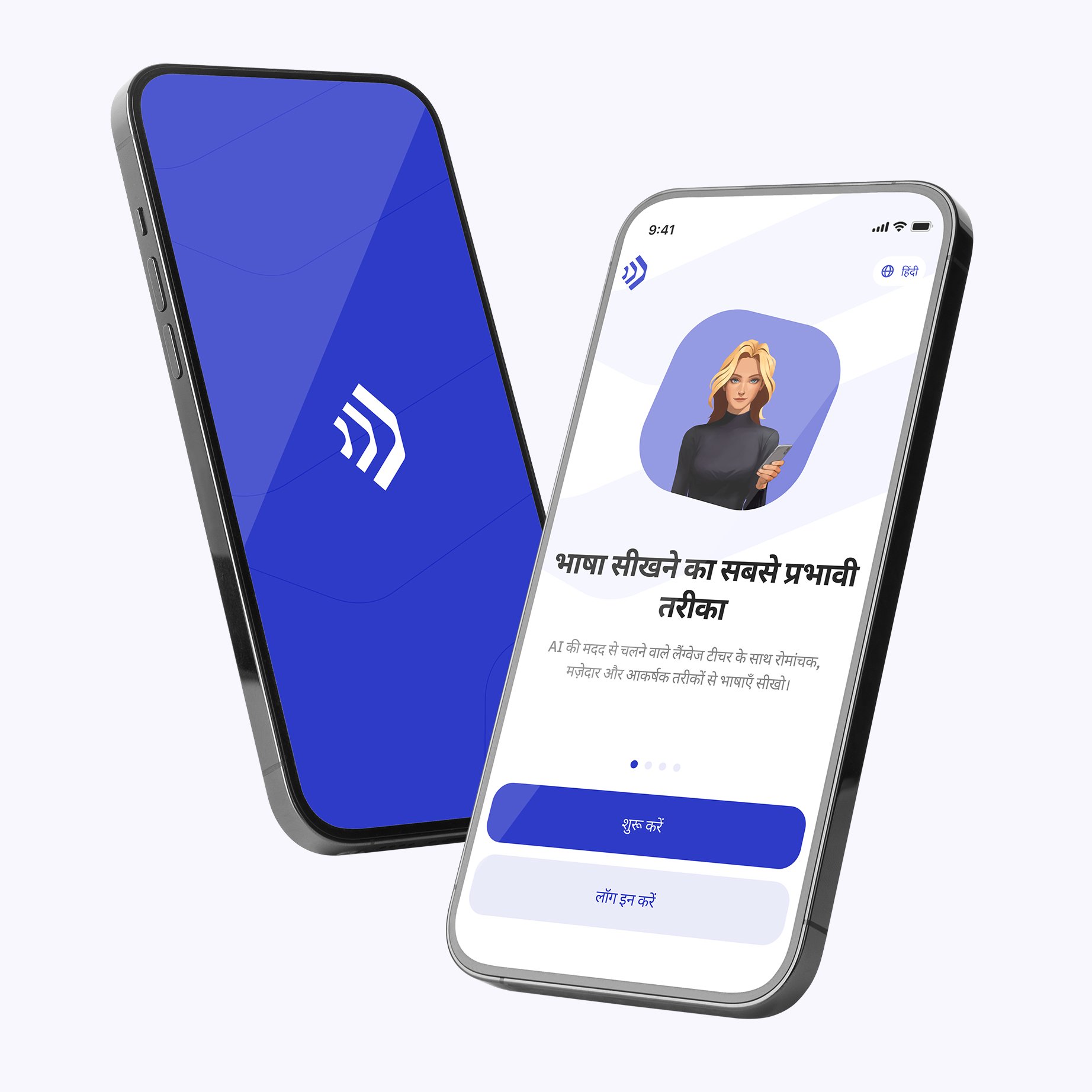इन अभ्यासों के माध्यम से आप ना केवल इस काल की पहचान करना सीखेंगे बल्कि यह भी समझेंगे कि इसका प्रयोग करते समय किन-किन बातों का ध्यान रखना आवश्यक है। आइए हम अब इन अभ्यासों को करके देखते हैं।
भविष्यत काल का परिपूर्ण प्रगतिशील (Future Perfect Progressive) अभ्यास 1
By next November, I *will have been* (work) at this company for 4 years.
They *will have been* (travel) for three weeks by the time they get to Japan.
*Will you have been* (wait) for more than two hours when her plane finally arrives?
You *will have been* (run) in the marathon for over four hours by the time you finish.
*Will he have been* (study) all night by the time his exams start?
*Will she have been* (live) in this city for five years next month?
They *will not have been* (live) in Norway for a year this coming winter.
How long *will have been* (drive) when you reach the destination?
He’s confident that by the time he’s 50, he *will have been* (work) towards his dreams for three decades.
I wonder if by the end of the week I *will have been* (complete) the project.
*Will they have been* (paint) the mural for over a month by the time it’s unveiled?
It’s likely that they *will not have been* (marry) for even a year before they move again.
Just think, next Monday you *will have been* (do) yoga for a whole year!
I’m worried that by the time we arrive, the show *will have been* (start) already.
*Will the scientists have been* (research) this issue for a full decade by the time the study is published?
भविष्यत काल का परिपूर्ण प्रगतिशील (Future Perfect Progressive) अभ्यास 2
She *will have been* (teach) at that school for exactly twenty years by the end of this term.
*Will we have been* (see) each other for a decade this Sunday?
By 2028, I *will have been* (live) in this house for twenty years.
I *will not have been* (sleep) well for weeks by the time my medication is adjusted.
It seems like they *will have been* (build) the new bridge for ages by the time it’s finished.
Given the progress, you *will not have been* (complete) the course before the deadline.
We *will have been* (drive) for over ten hours straight by the time we reach the coast.
By tomorrow morning, I *will have been* (study) for the exam for over twenty-four hours.
Next year, she *will have been* (work) for the company longer than anyone else.
He *will have been* (try) to crack the code for days with no success by the time help arrives.
*Will it have been* (rain) for a whole week by the time the storm passes?
By the time they return, we *will have been* (live) in this neighborhood for a whole year.
I’m afraid that I *will not have been* (feel) 100% better even after the surgery.
In two more days, that painting *will have been* (hang) on our wall for a month.
*Will you have been* (use) the software long enough to give a comprehensive review?










